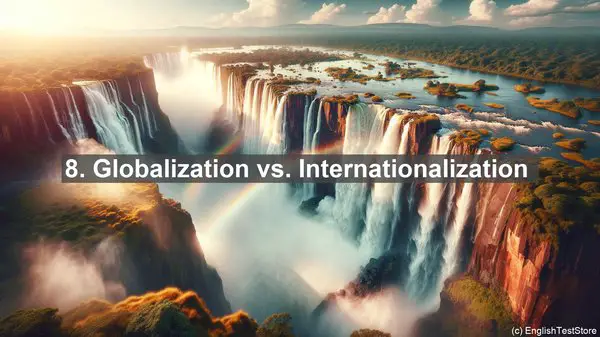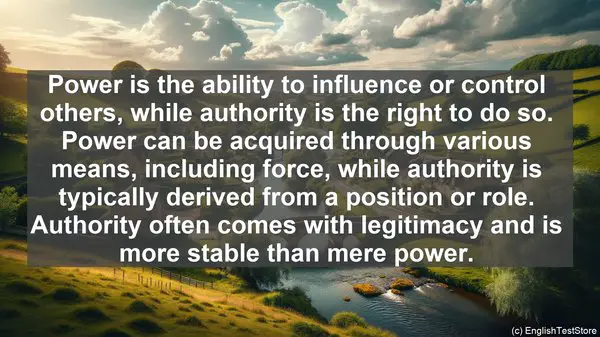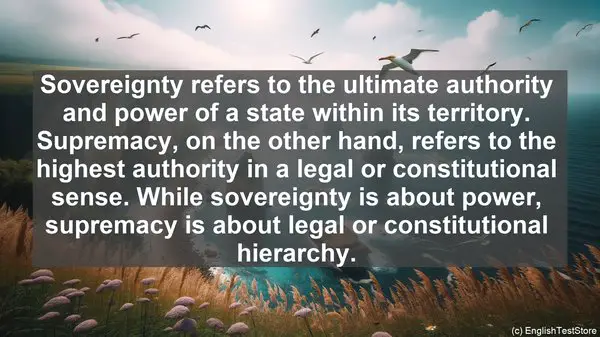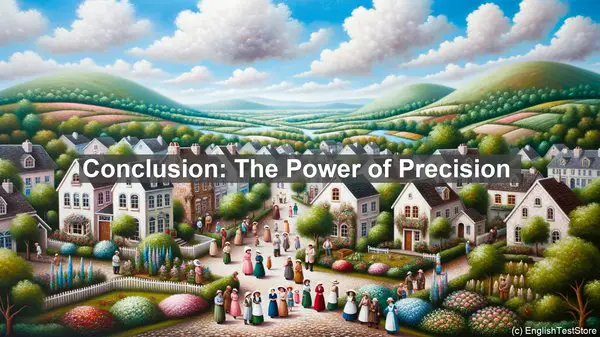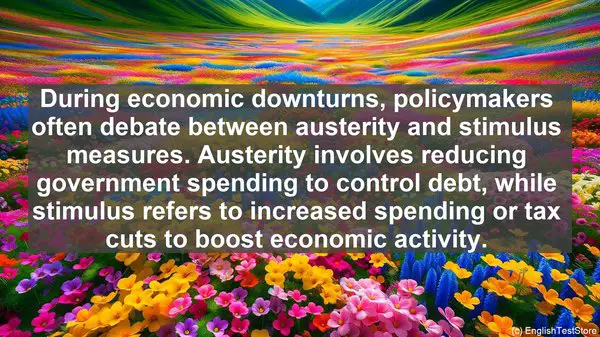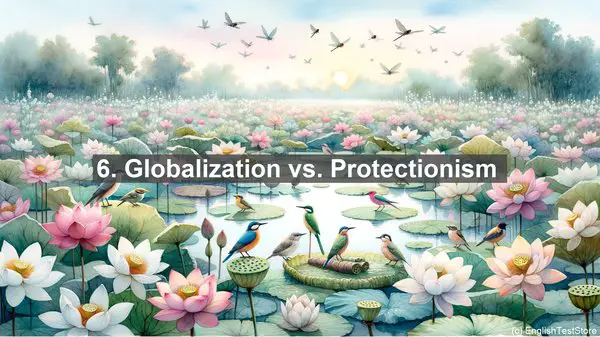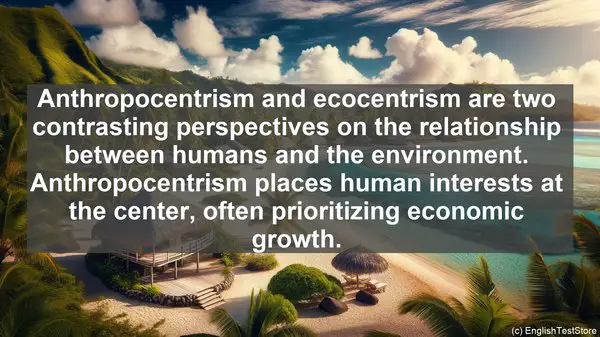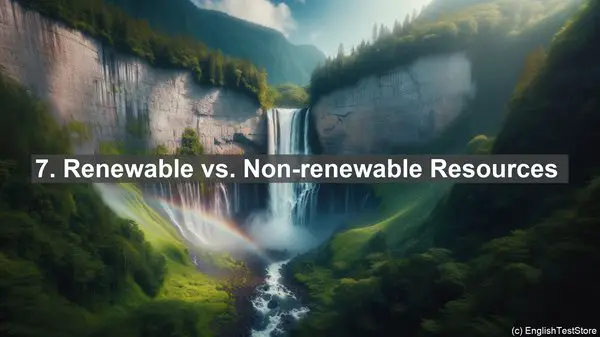Introduction: The Importance of Precise Language in Political Science
As you delve into the world of political science, you’ll encounter numerous terms that may seem similar but have distinct meanings. In this lesson, we’ll explore the top 10 commonly confused words in political science. Understanding these nuances will not only enhance your comprehension but also help you communicate your ideas effectively in the field.
1. State vs. Nation
The terms ‘state’ and ‘nation’ are often used interchangeably, but they have different connotations. A ‘state’ refers to a political entity with defined borders and a governing authority. On the other hand, a ‘nation’ represents a group of people who share a common culture, history, and often, a desire for self-determination. While a state can encompass multiple nations, a nation may span across multiple states.
2. Democracy vs. Republic
Many assume that ‘democracy’ and ‘republic’ are synonyms, but they have distinct characteristics. In a ‘democracy,’ the power lies with the people, who directly participate in decision-making. In contrast, a ‘republic’ is a representative form of government, where elected officials make decisions on behalf of the citizens. While democracies can exist within republics, not all republics are democracies.

3. Power vs. Authority
Although ‘power’ and ‘authority’ are often used interchangeably, they have subtle differences. ‘Power’ refers to the ability to influence or control others, while ‘authority’ is the legitimate right to exercise power. Power can be obtained through various means, including coercion, while authority is typically derived from a formal position or a recognized system.
4. Left-Wing vs. Right-Wing
The terms ‘left-wing’ and ‘right-wing’ originated from the seating arrangement in the French National Assembly during the French Revolution. ‘Left-wing’ generally represents progressive or liberal ideologies, emphasizing social equality and government intervention. In contrast, ‘right-wing’ signifies conservative beliefs, emphasizing individual liberty and limited government intervention. The exact definitions and associations can vary across different contexts and countries.
5. Politics vs. Policy
While ‘politics’ and ‘policy’ are interconnected, they have distinct meanings. ‘Politics’ refers to the activities, actions, and policies used to gain and hold power in a government or to influence the government. ‘Policy’ refers to the specific courses of action or decisions taken by a government or organization to address a particular issue or achieve a goal. Politics sets the stage, while policy is the actual implementation.
6. Globalization vs. Internationalization
Though often used interchangeably, ‘globalization’ and ‘internationalization’ have nuanced differences. ‘Globalization’ refers to the increasing interconnectedness and interdependence of countries, economies, and cultures on a global scale. ‘Internationalization’ refers to the process of countries or organizations extending their activities, influence, or cooperation beyond national boundaries. Globalization is a broader concept encompassing economic, cultural, and social aspects, while internationalization is more focused on cross-border activities.
7. Ideology vs. Doctrine
While ‘ideology’ and ‘doctrine’ both refer to systems of beliefs or principles, they differ in scope. An ‘ideology’ is a comprehensive set of ideas or values that guide political or social actions. It often encompasses a wide range of issues and can be flexible or subject to interpretation. In contrast, a ‘doctrine’ is a more specific, rigid, and often institutionalized set of principles or rules, usually associated with a particular organization or government.
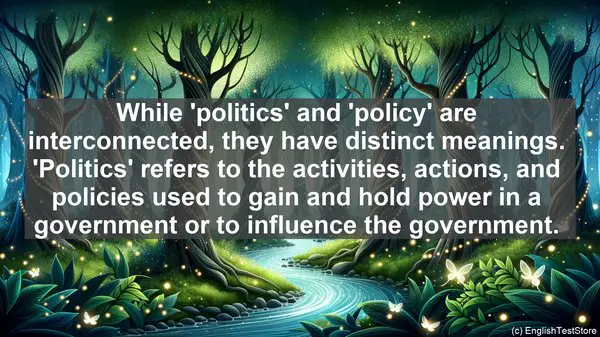
8. Civil Society vs. Political Society
In political science, ‘civil society’ and ‘political society’ represent different spheres of societal engagement. ‘Civil society’ refers to the collective organizations, groups, and individuals outside the government and commercial sectors, working towards the betterment of society. It includes NGOs, community groups, and advocacy organizations. ‘Political society’ refers to the formal political institutions, processes, and actors involved in governance and decision-making.
9. Bureaucracy vs. Technocracy
Both ‘bureaucracy’ and ‘technocracy’ are forms of governance, but they differ in their principles. ‘Bureaucracy’ is a system where decisions are made by officials based on established rules and procedures. It often emphasizes hierarchy and adherence to regulations. ‘Technocracy,’ on the other hand, is a system where decision-making is based on technical expertise and knowledge. It prioritizes efficiency and effectiveness in governance.
10. Anarchy vs. Chaos
While ‘anarchy’ and ‘chaos’ are often used interchangeably, they have distinct meanings. ‘Anarchy’ refers to the absence of a central governing authority or a recognized order. It can imply a state of disorder but can also represent a political philosophy advocating for a society without hierarchical control. ‘Chaos,’ on the other hand, signifies a state of extreme confusion, disorder, or unpredictability, often associated with a breakdown of order.

